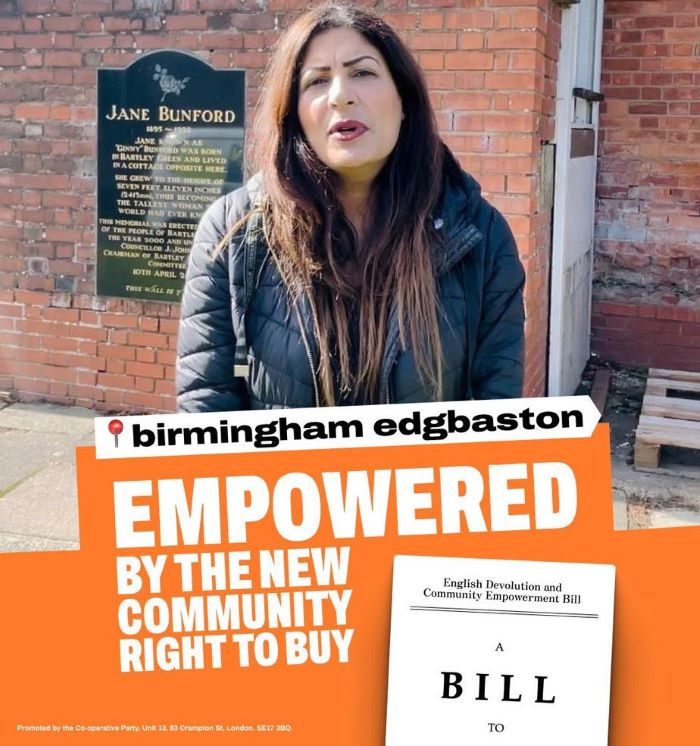 London-In a landmark move for local communities, the government’s English Devolution & Community Empowerment Bill successfully passed its first stage in the House of Commons on Tuesday. The Bill is designed to return power to residents, reversing years of centralized control and cuts to essential services.
London-In a landmark move for local communities, the government’s English Devolution & Community Empowerment Bill successfully passed its first stage in the House of Commons on Tuesday. The Bill is designed to return power to residents, reversing years of centralized control and cuts to essential services.
Since 2010, slashed council funding has forced the closure of thousands of community spaces, including 9,000 pubs, youth clubs, and leisure centres. These spaces are not mere luxuries—they are vital hubs where children can safely socialize and learn, the vulnerable receive support, and neighbors come together.
Recognizing this, the government has introduced the Community Right to Buy, giving local people the first opportunity to purchase important community assets before they fall into the hands of distant developers. As Chair of the Co-operative Party Parliamentary Group, Preet Kaur Gill has long championed this approach, emphasizing that communities themselves best understand their own needs.
The Bill also expands the definition of community assets. Sporting facilities, including football pitches, swimming pools, and leisure centres, will now be automatically listed as Assets of Community Value, ensuring residents have a say in their future. “How will we find the next Lionesses if children have nowhere to kick a ball after school?” Gill remarked. Beyond recreation, spaces that drive the local economy will also gain protection, allowing communities to reclaim control and stimulate growth.
Additionally, the Bill strengthens the powers of regional Mayors, part of Labour’s ongoing devolution agenda. Mayors will gain new planning and licensing authority to foster local economic development. Richard Parker, for example, has already implemented a local growth plan with £2.4 billion invested in critical transport links, demonstrating the potential of devolved powers.
Finally, the legislation addresses commercial property challenges by banning Upward Only Rent Review clauses. Such clauses, which allowed rents only to increase or remain the same, have contributed to high-street decline, leaving one in seven retail units empty. By removing these restrictions, the government aims to make high streets more affordable and vibrant, supporting small businesses and community groups.
Preet Kaur Gill hailed the Bill as a “common-sense step toward empowering communities, protecting cherished local spaces, and enabling residents to shape the future of their own neighbourhoods.